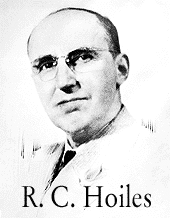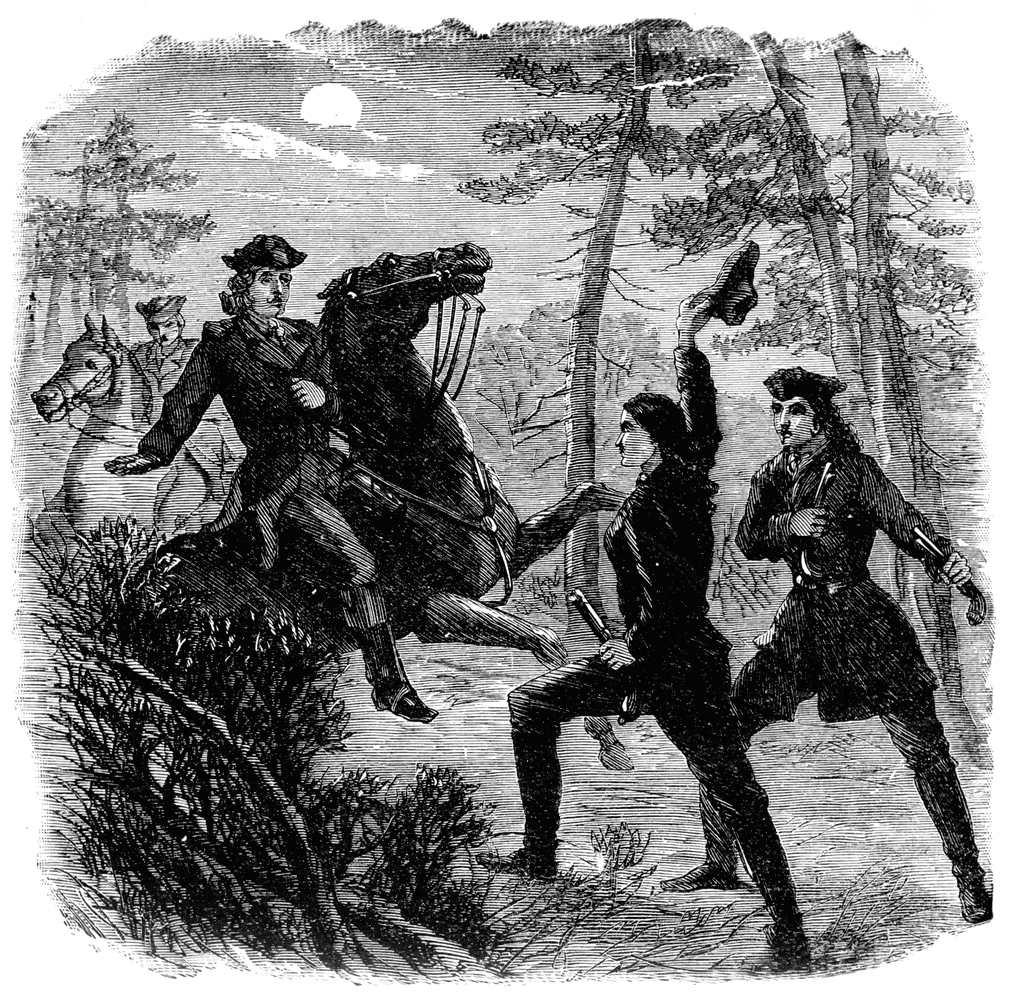RC

I recommend Steven Greenhut's article on R.C. Hoiles for an introduction to this great libertarian. His influence has been great, but little-studied. His consistency during invasions of civil liberties (such as the incarceration of Japanese-Americans during WWII), his strident opposition to public school education (his frequently quoted “21 Ways.. is below), and his advocacy of individual rights has no match in the newspaper business.
As Greenhut points out, Hoiles states on 2/5/42 prior to the internment order:
"The recommendation of the grand jury to have all alien enemies removed from Orange County calls for a difficult undertaking. Every bit of wealth that these workers are prevented from creating, which we so badly need during the war, will have to be created by the labor of some other worker.
"Of course, there is no such thing as absolute security. We must run some risks in every move. Risks are life itself.
"It would seem that we should not become too skeptical of the loyalty of those people who were born in a foreign country and have lived in the country as good citizens for many years. It is very hard to believe that they are dangerous."
I was introduced to his son, Harry Hoiles, by Bob LeFevre and enjoyed discussing matters with him, ideological and otherwise. As Bob mentioned to me, Harry was his father's ideological child as well as his biological.
Here are some other online articles on RC:
one by Carl Watner
and some others--1, 2, 3, 4, 5, 6.
Freedom Newspapers now has a website dedicated to RC Hoiles (b. 11/24/1878) and a humorous commentary about the website is here
Hoiles’ “Unlimited Voluntary Exchanges”
“21 Ways “Public Schools” Harm Your Children”
another version of “21 Ways…” with added commentary by Russell Bingman.
Just a thought.
Just Ken
CLASSical Liberalism










